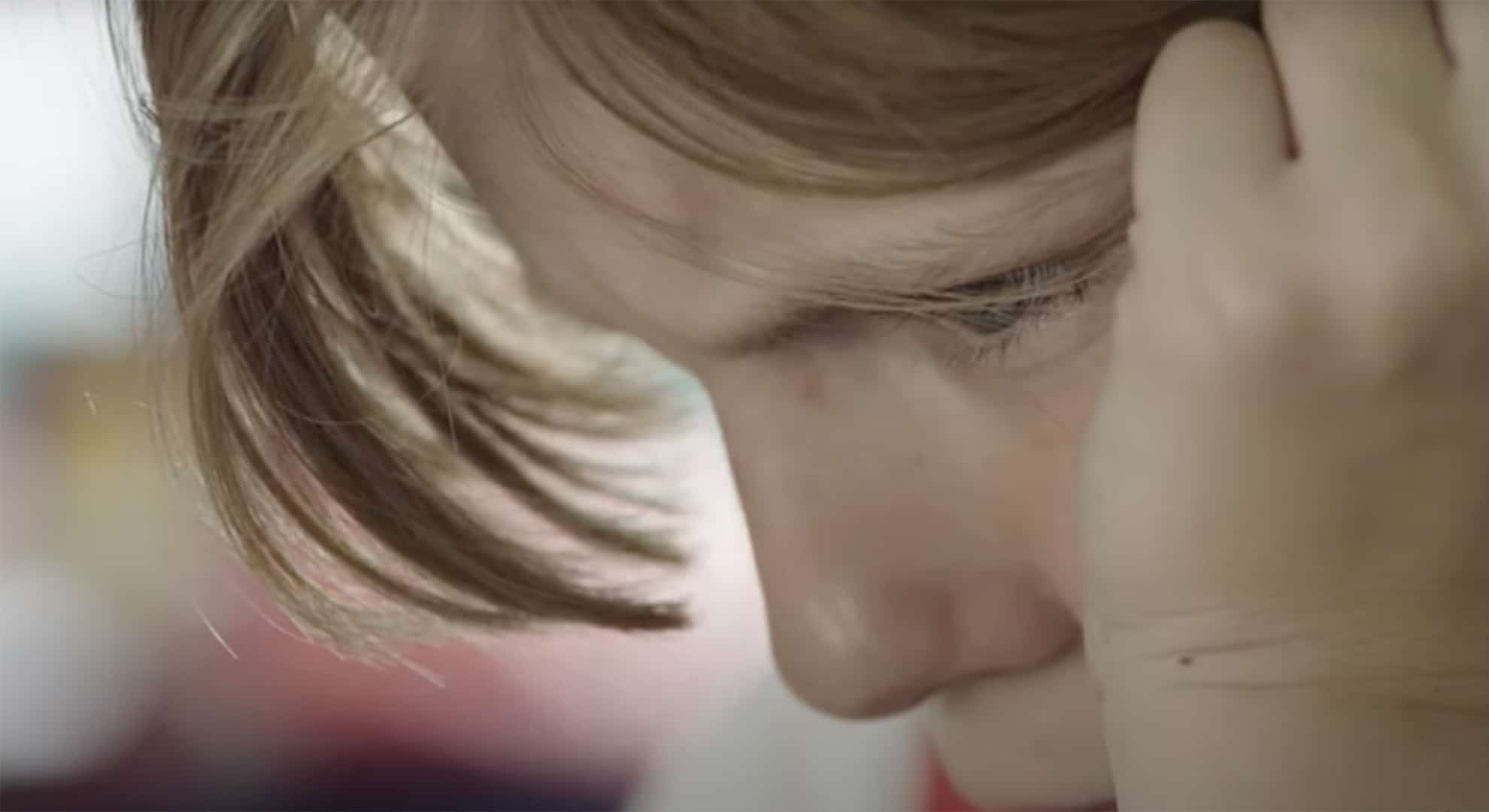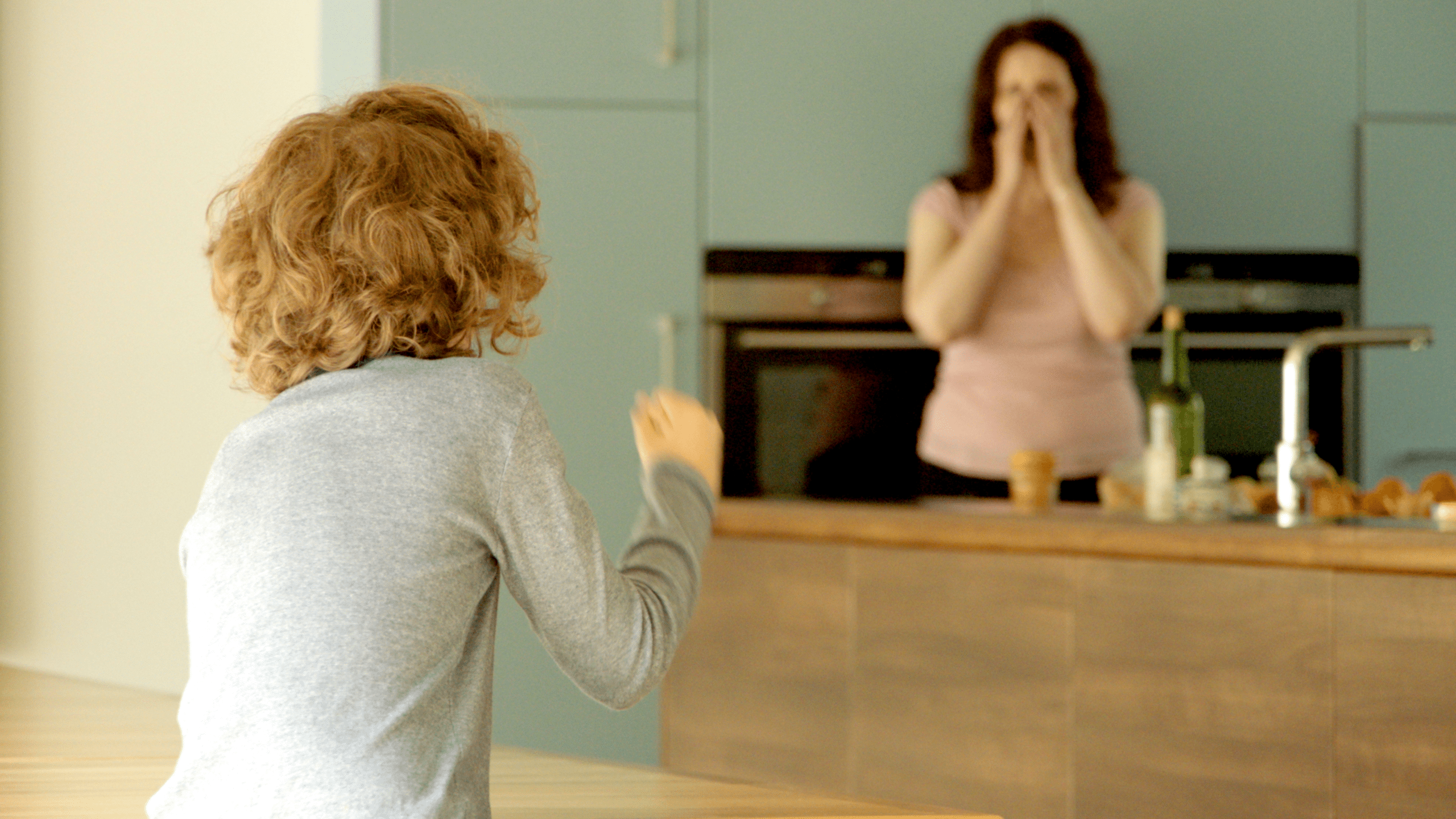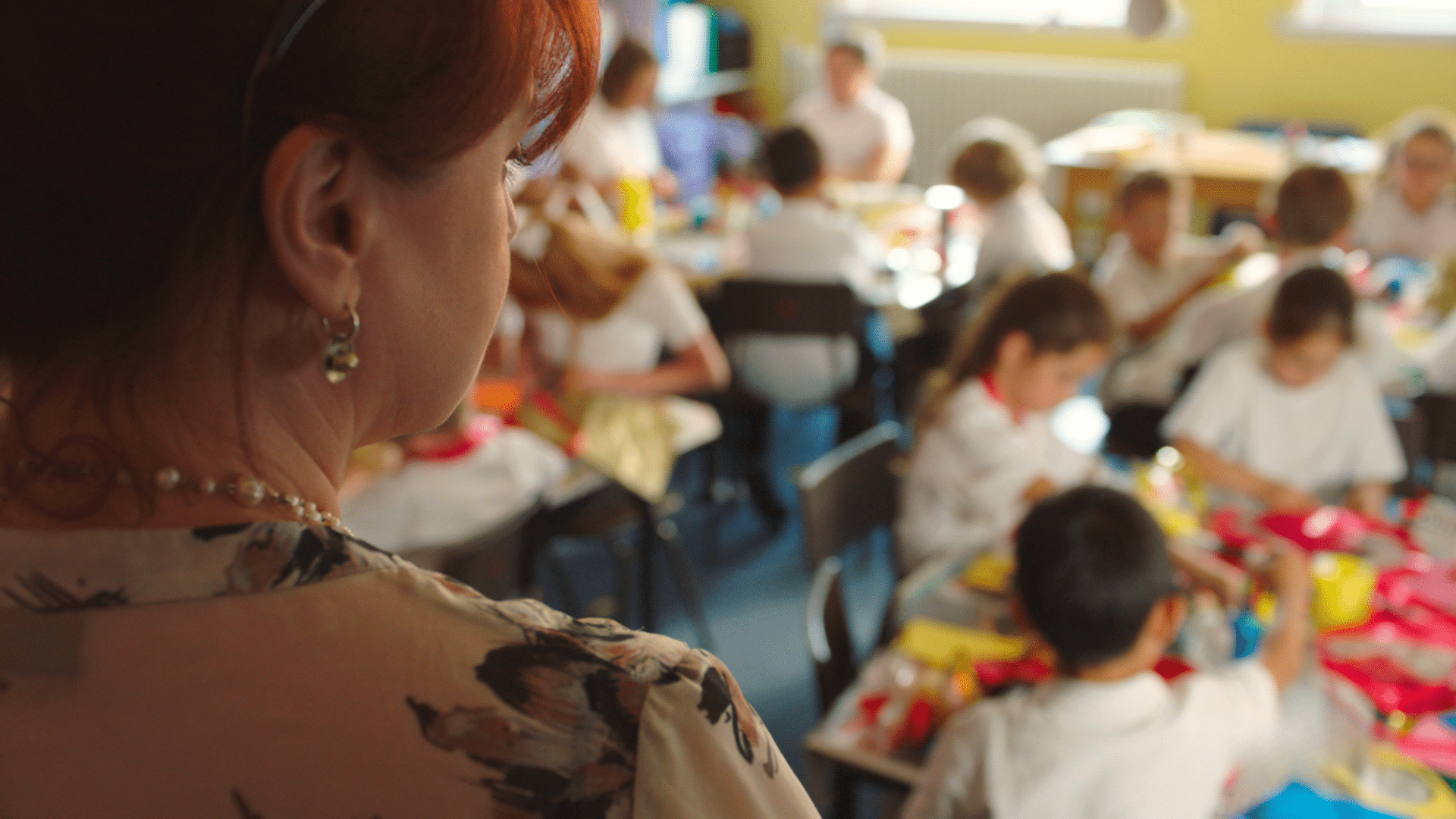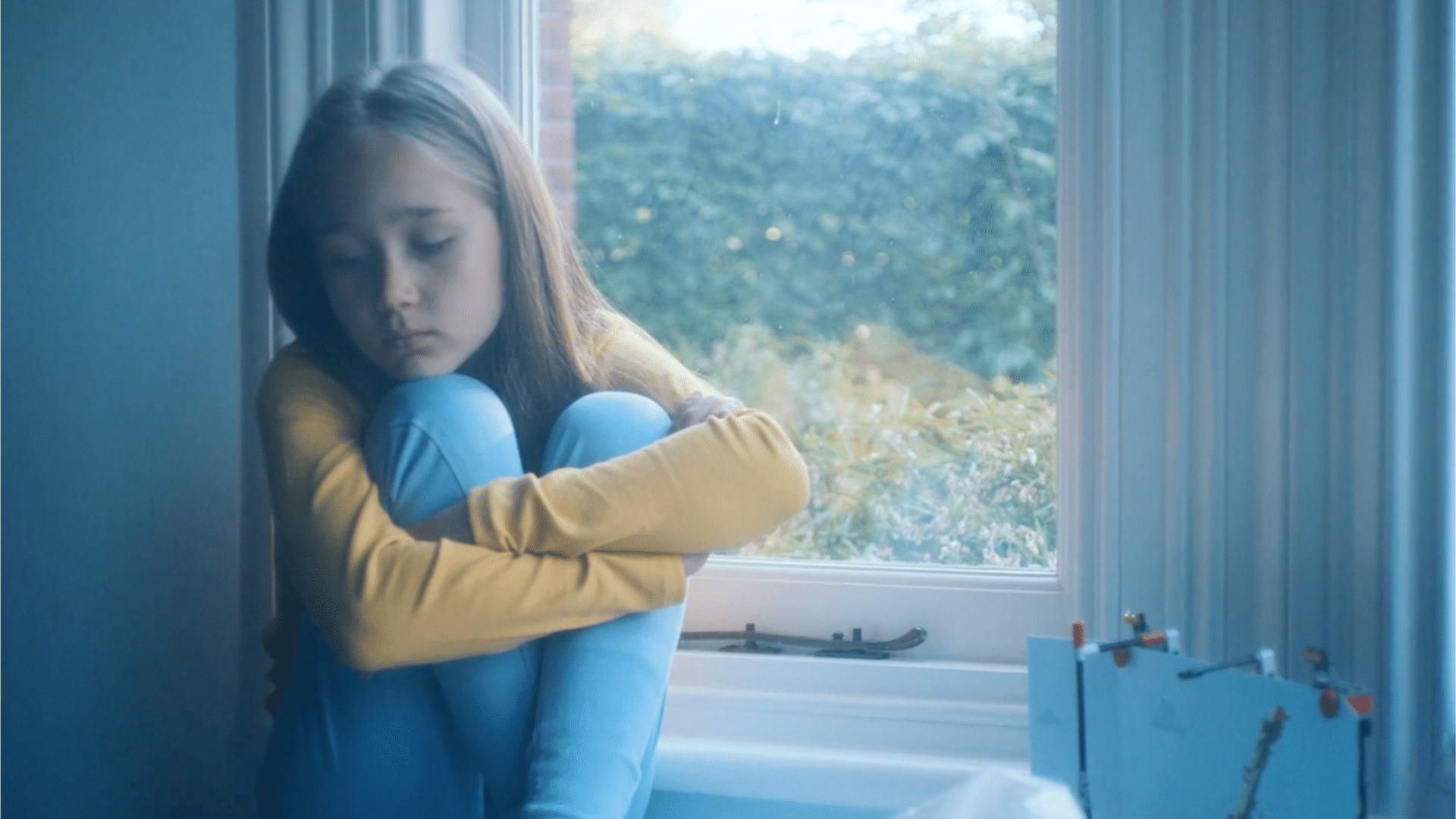
By providing young people with the tools to manage their stress, we can encourage them to take action themselves before they reach the point of feeling they can’t cope.
What is stress?
All children experience stress. Sometimes it’s big stress, like changing schools or moving house, and sometimes it’s small stress like running late for the bus. Stress feels like being under pressure, as our minds and bodies tell us to take action or draw our attention to a problem.
If a situation isn’t sustainable for them, a child might feel that they can’t keep up or that their needs aren’t being met. This can cause an uncomfortable level of stress and they may begin to feel like they can’t cope. Over time this can lead to chronic stress or burnout, which is associated with a number of mental and physical health conditions.
Stress and anxiety can feel very similar in the body. When the body is in a state of stress this initiates a complex chain reaction involving multiple body systems. A child might experience symptoms typically associated with anxiety such as digestive changes, sleep disturbances or an unstable mood. If the worry continues long after the source of stress has been resolved, it may be that the child is experiencing an anxiety disorder and would benefit from additional support. If you want to know more, you can watch our films on anxiety and read our factsheet.
Achievement culture
Although stress can be experienced in any environment, we frequently hear about stress in the workplace alongside messages about productivity and achievement. An excessive focus on academic achievement can result in chronic stress for children who feel they cannot meet others’ expectations. Data collected by the Children’s Commissioner in March 2020 suggested that as many as two thirds of 8-17 year olds’ biggest worry concerns homework and/or exams.
If we aren’t careful then young people around us can internalise that unhealthy levels of stress are acceptable, or that their value equates to their level of accomplishment and self-sacrifice. This is unhelpful for everyone, but can be particularly damaging for children with mental health and neurodivergent conditions who face additional challenges.
Causes of stress in young people
Alongside their daily activities, children are experiencing increasing levels of existential stress, and the Children’s Society’s 2021 Good Childhood Report suggests that young people may be more worried about the environment than their own futures. External factors like the climate crisis, which children have no control over, can understandably contribute to feeling powerless, hopeless or overwhelmed.
The Children’s Commissioner also reported that a leading cause of stress was not being listened to by adults. Whilst this is a sad reality, this gives us a clue how we can help young people manage stress by ensuring that they feel heard and have a sense of agency in their lives.
Building resilience
Whilst we hope that every childhood is free from worry, stress is a part of life. We can’t protect children from experiencing stress, but we can encourage them to find ways of managing their own wellbeing. It might be difficult for children to articulate abstract worries, and encouraging other means of expression such as drawing or writing might be a first step to get them in touch with the root of their stress.
It is common for children to try to avoid unfamiliar or uncomfortable situations which cause them stress. Try as much as possible to engage with a young person’s subjective experience of their own wellbeing. Self care might mean knowing when to leave their comfort zone to try something new, and when to take time to rest. For practical ideas on how to start building emotional self-regulation, watch our short films on emotional wellbeing.
Sadly, the more we experience stress, the more sensitised we are to stress in the future. Building resilience means developing the ability to return to a resting state quickly, and the knowledge that we have the resources to meet the demands of daily life. This is a skill which can be practised. By providing young people with the tools to manage their stress, we can encourage them to take action themselves before they reach the point of feeling they can’t cope.
For a deeper understanding on how you can support children to regulate their emotions, read our helpful fact sheet by Headteacher and Educational Consultant Alis Rocca.
Radical self-care
When going through a stressful time, you might have been told by a well-wishing friend to ‘take care of yourself’, and wondered what this looks like in practice. Radical self-care is the principle that you can’t take care of someone else until your own resources have been replenished. It’s easy to internalise messages that it is somehow selfish to do things purely for ourselves, but taking the time to do something which re-energises you is a positive way you can model healthy coping behaviours.
Sign up for our term-time emails to receive educational films, factsheets and blogs to support young people’s mental health and neurodiversity. If you are concerned about a child, please see our Where to Get Help page.





